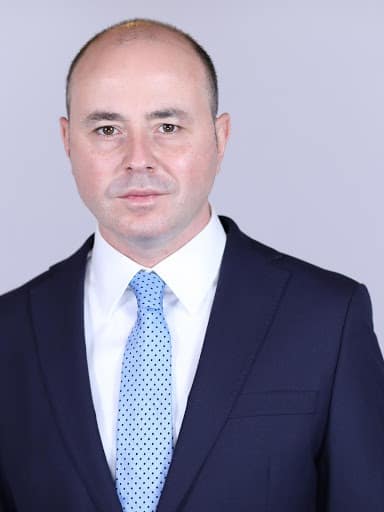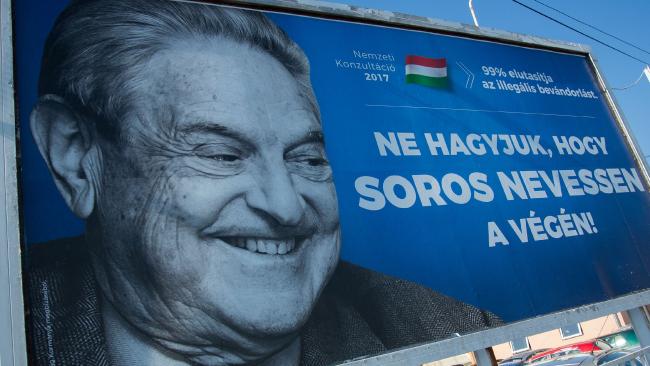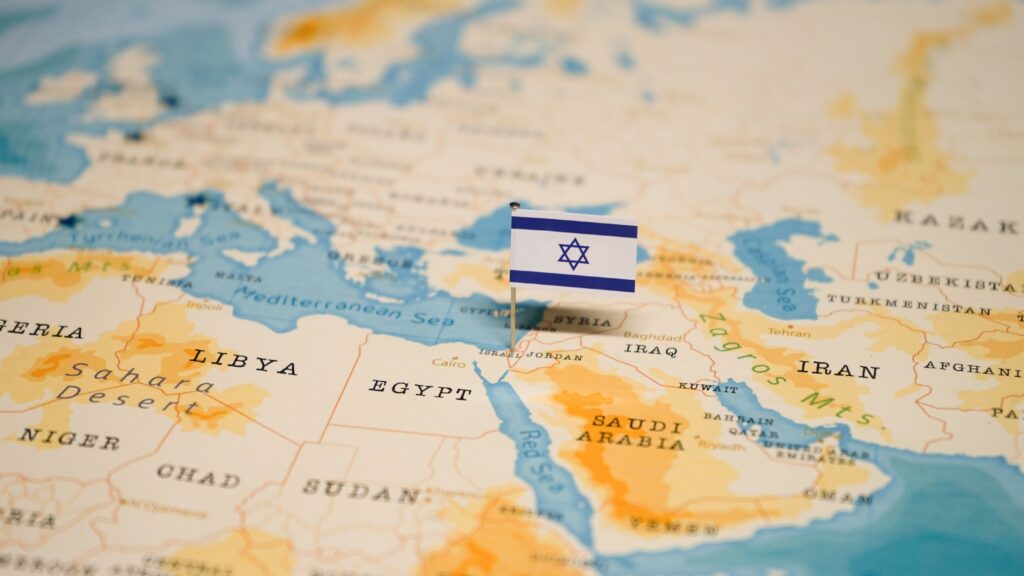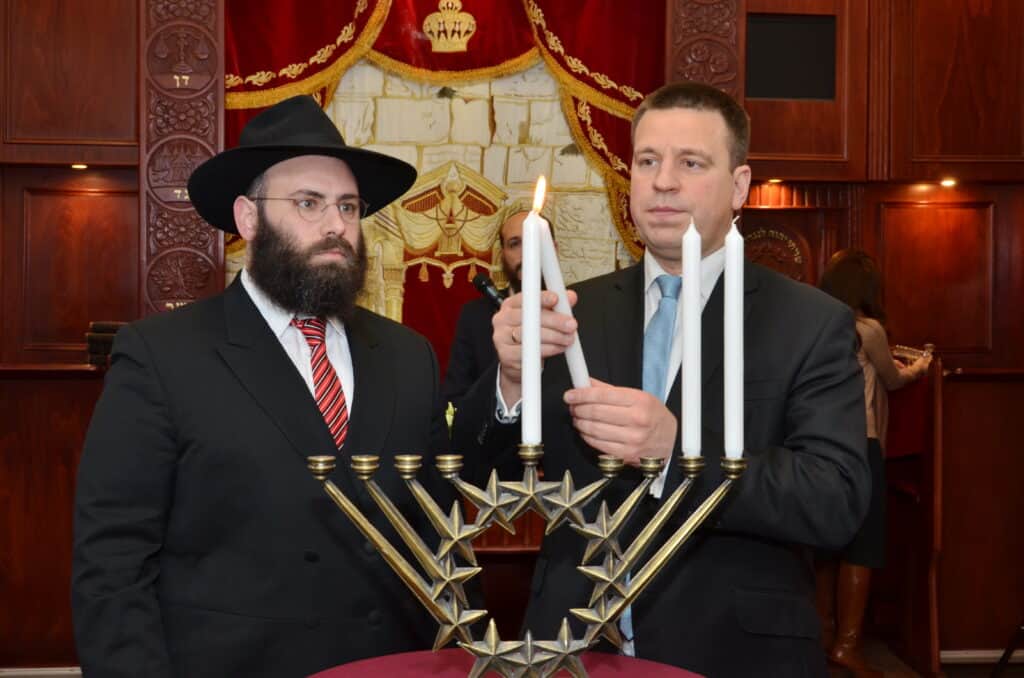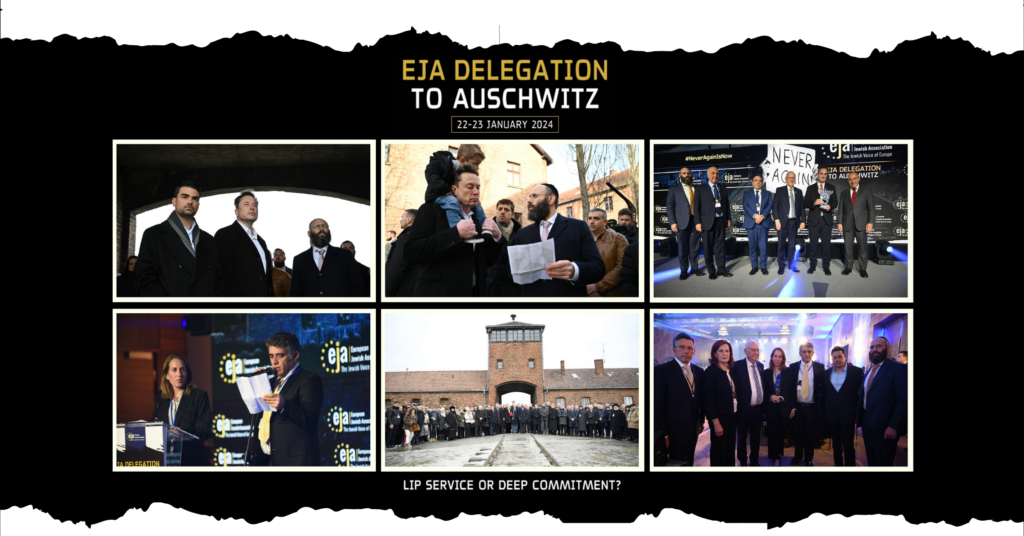We at the EJA had the pleasure of sending our heartfelt congratulations directly to Mr. Iulian-Alexandru Muraru MP who was recently appointed as the Special Representative of the Romanian Government for Promoting Memory Policies, Combating Antisemitism and Xenophobia.
Mr Muraru joins a growing roster of special representatives in Europe tasked with combatting antisemitism. The EJA have been advocating heavily for as many positions as possible to be filled to this end across the continent and are delighted that Romania has taken such an important step.
We very much look forward to a fruitful cooperation with Mr Muraru and we stand ready to provide assistance. We likewise eagerly look forward to meeting Muraru with when the ongoing conditions allow for it.


